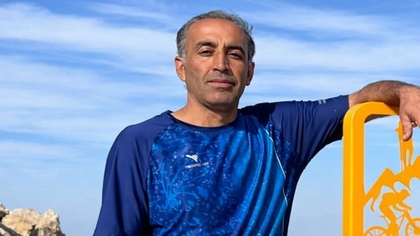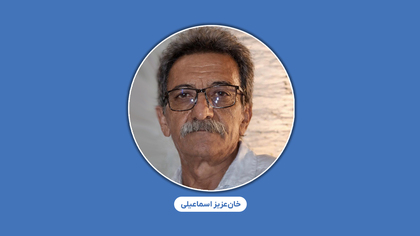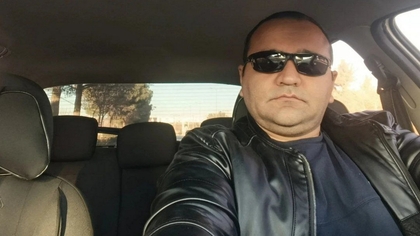Source: Iranian Kurdish Activist Married Couple Defy Summons for Trial Based on Forced Confessions

By Michael Lipin, Ramin Haghjoo
November 10, 2020
WASHINGTON - An Iranian Kurdish husband and wife involved in local activism in western Iran have defied a court summons to face trial for alleged national security offenses for which they made forced confessions, according to a knowledgeable source.
In a November 2 interview with VOA Persian from Iran, the source said Sirous Abbasi and his wife, Farideh Veysi, boycotted the second session of their trial held that day by a Revolutionary Court in Sanandaj, capital of Iran’s Kurdistan province. The source said the couple were protesting what they see as the unfairness of the trial and the judge’s apparent refusal to let them present a defense at the first session they attended on July 19.
Abbasi and Veysi are local activists from the Kurdistan provincial town of Dehgolan, where they work as teachers at an educational center.
The source said Iranian intelligence agents arrested the couple at their workplace on January 14 and interrogated them for two months until releasing them on a combined bail of $35,000 on March 15. During their incarceration, they were forced to confess in front of a video camera to involvement in activities of the Kurdish Democratic Party of Iran (KDPI) rebel group and to illicit communications with foreign media, the source added.
VOA’s source said Iran’s judiciary used the forced confessions to charge Abbasi and Veysi with multiple offenses, including acting against national security, spreading anti-government propaganda and insulting Iran’s clerical leadership. But the couple has denied engaging in any political activity with opposition groups, the source added.
Prior to VOA’s interview with the source, Veysi shared some details of her apparent forced confession and other harsh treatment from her incarceration in a video that she posted to Instagram on October 31.
Veysi said her interrogators used psychological torture to pressure her into repeating a sentence on camera to incriminate herself. She said they also denied her access to medical treatment for a chronic illness and for hair and vision loss that she experienced while in custody.
Abbasi also appeared in the Instagram video and said he felt pressured into making a video-taped confession during his incarceration to try to spare his ailing wife from further suffering.
VOA cannot independently verify details of the couple’s treatment in detention as it is barred from reporting inside Iran.
There has been no comment from Iranian officials in state media about the couple’s case in recent months.
Iranian state-owned media broadcast forced confessions of at least 355 individuals between 2009 and 2019, according to a July report by the Paris-based International Federation for Human Rights (FIDH) and its member organization Justice for Iran (JFI).
“The use of forced confessions broadcast by state-owned media has been systematically used by the Iranian authorities to repress dissent for decades,” said FIDH Secretary-General Adilur Rahman Khan. “It’s time for the international community to press Iran to end this practice, which is the source of many grave human rights violations.”
This article originated in VOA’s Persian Service. Mehdi Jedinia of VOA’s Extremism Watch Desk contributed. Click here for the original Persian version of the story.



